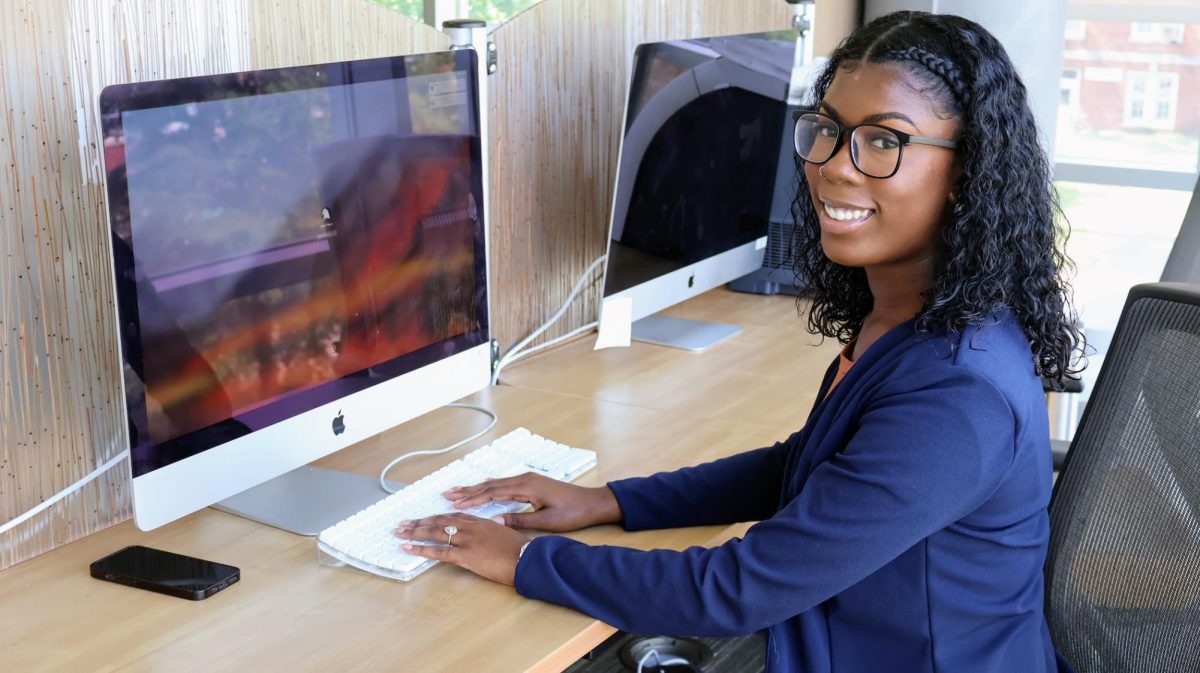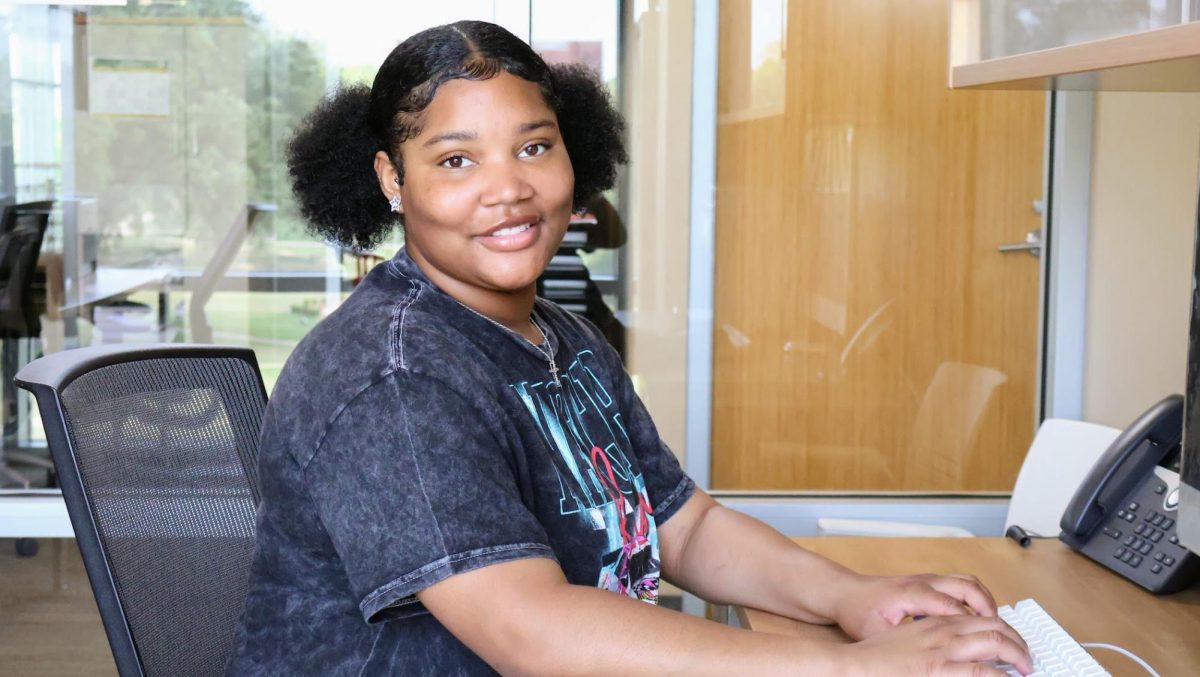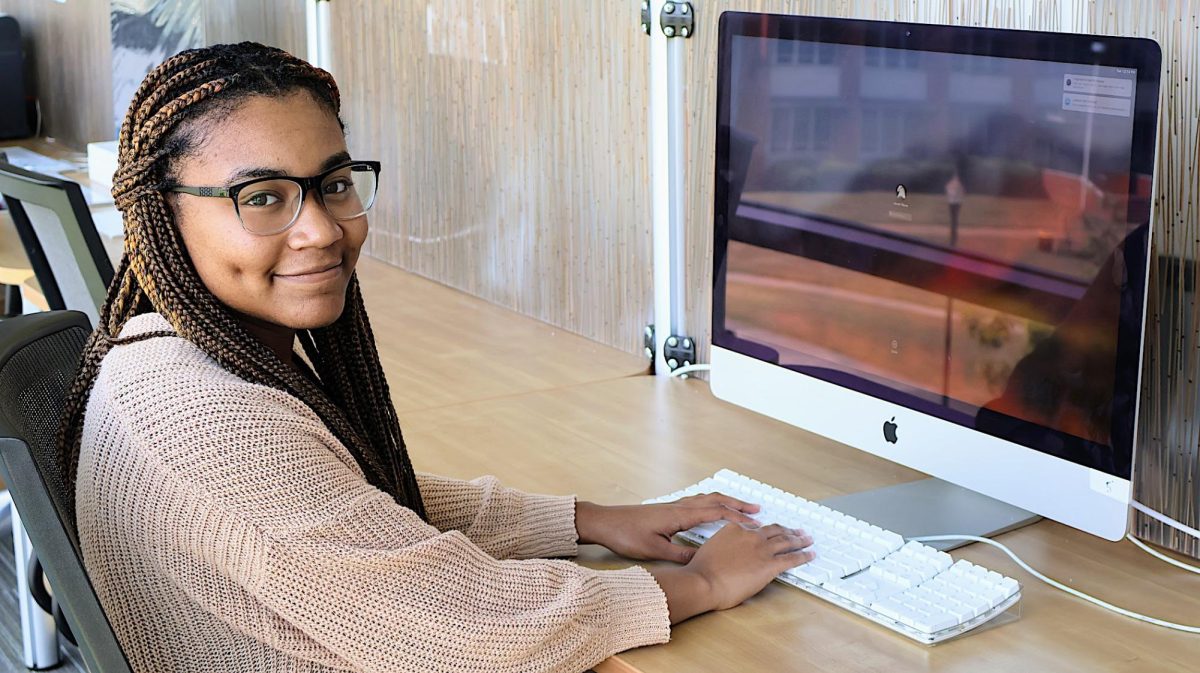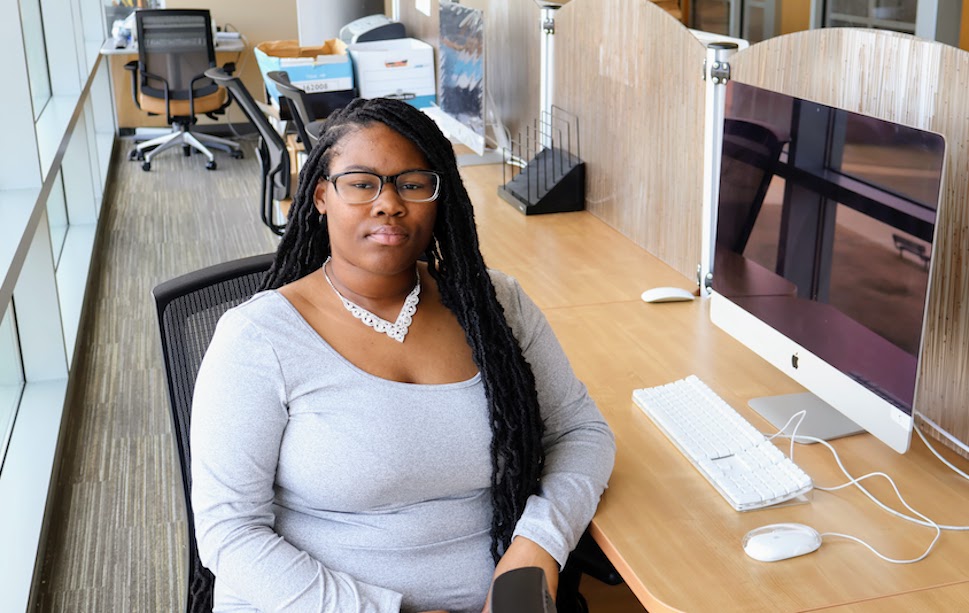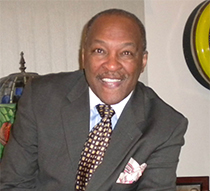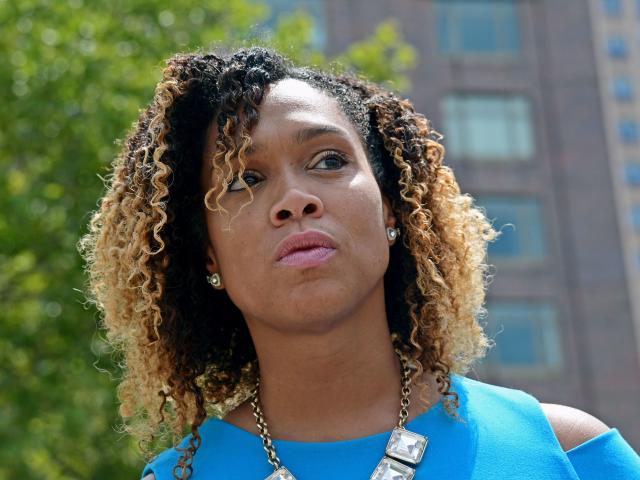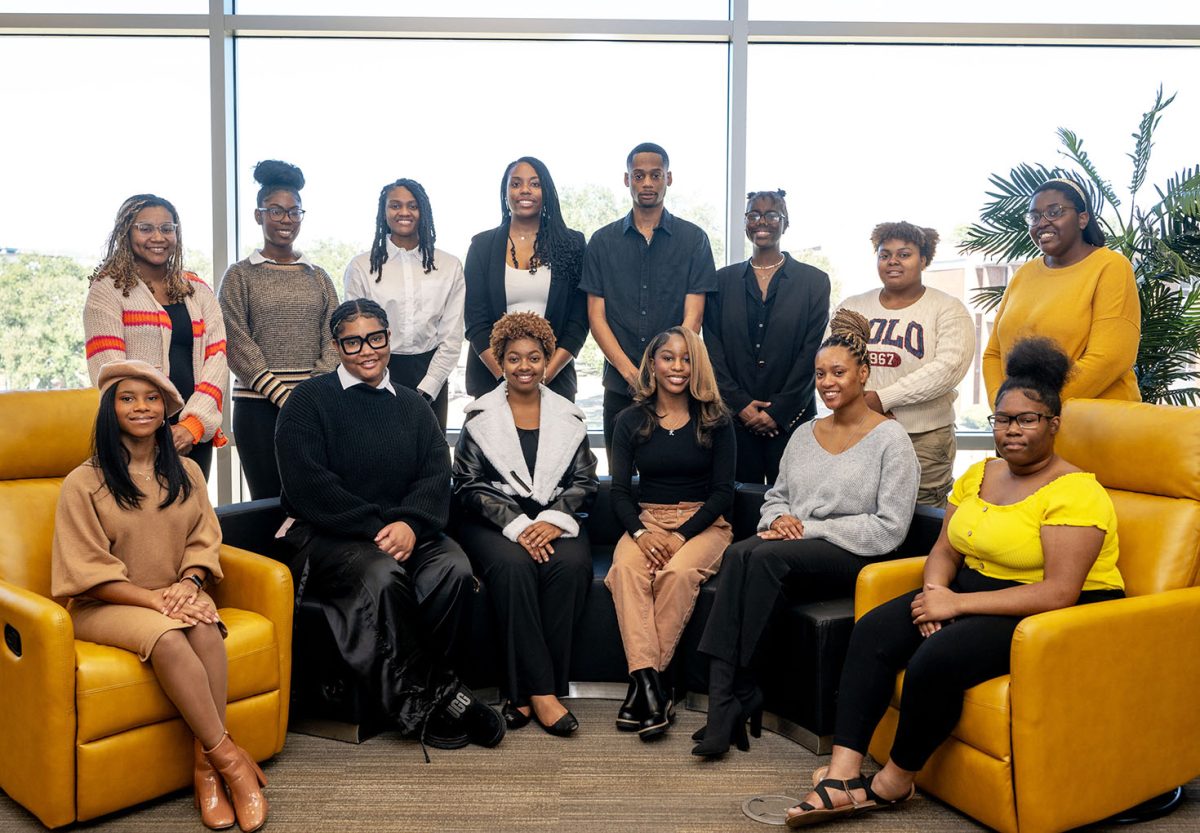Faculty, staff and administrators look at how a student carries himself or herself and subconsciously decides whether that student will be able to compete in the workforce once they graduate.
When a student steps into his or her major classes, they are expected to exude professionalism, in terms of behavior and the manner in which they dress. Some faculty and staff feel that this is instinctive and natural for students.
As easy as that may sound, unfortunately, it is not that simple.
For some students, attending a university is the first time they become aware of professionalism in both conduct and attire. College is supposed to build character and shape students while teaching students about the fields of their choice.
For many first-generation students, knowing when the appropriate attire is necessary and learning the differences (formal, semi-formal, casual, business casual, etc.) between them is learned while attending college.
Although some university employees criticize students about what they wear, it is important to note that many students do not know the difference between proper attire and improper attire.
Students emulate what they see on television and film when it comes to attire. If women are wearing booty shorts on television, students will assume that it is okay to do the same since those people model to broad audiences and profit from their appearances.
However, booty shorts would not be appropriate to wear to an interview or any public place where a student may be evaluated by his or her attire.
Some women do not know the difference between a club dress and a professional dress, or what kind of skirt is appropriate to wear and which skirt is inappropriate depending on the event.
For guys, they are often seen in sweatpants, joggers and slides. While these are appropriate for casual wear, it is not uncommon to see guys in this attire at a semi formal occasion.
Since attire is important for students, I would recommend that some kind of seminar be held regularly where students are shown what is appropriate and what is not appropriate for various occasions. “Each one, teach one” is a phrase that implies, as we learn, we should teach others.
Last year, Muhammad Ali held a seminar for men on how to dress in terms of purchasing suits, and he also taught the male students how to tie a tie, which most menmen have trouble with. Many of the men left his seminar feeling positive and uplifted because he did not scold them, he simply taught them what was appropriate and what was not appropriate.
If learning how to be a true professional is important, then steps in this direction would help the entire student body to learn professionalism.
As far as behavior is concerned, most students are aware of their behavior. They know when their behavior is good or when it is bad. However, some of the employees at Alabama State University exhibit bad behavior when interacting with students. Some are rude, short and inconsiderate. Remember, students emulate what they see ,and they often take their cues from the employees.
Employees in many of the offices on campus may listen to students when they encounter problems, but the manner in which they speak to those same students is inappropriate. Students are young adults. They deserve respect as well. Just because a student is 18 or 19 and a staff member is 40 or 50 does not mean that staff member can address the student as if he or she is his child.
Some faculty members exhibit unprofessional behavior because they do not fully communicate with students to the best of their abilities, as they should. For example, some teachers cancel class at the last minute or tell students that they want an assignment, but do not fully explain the manner in which they want that assignment submitted, and they just assume that a student should know.
Professionalism is not just how a person dresses but also how a person treats people when he or she is working in a professional setting. When a person is working in a professional setting, his or her tone of voice matters, the way he or she approaches situations matter and the way a person dresses matters.
As a student, I feel that faculty, staff and administrators should set an example regarding professionalism by the way that they dress and the way that they interact with people. If they set the example, students will follow. But if they continue with bad examples, students will follow suit.
Finally, I believe that the faculty, staff and administrators should create programs that teach students how to dress, since that seems to be a problem on this campus, and make sure that students understand the importance of dressing and how it links itself to professionalism.








